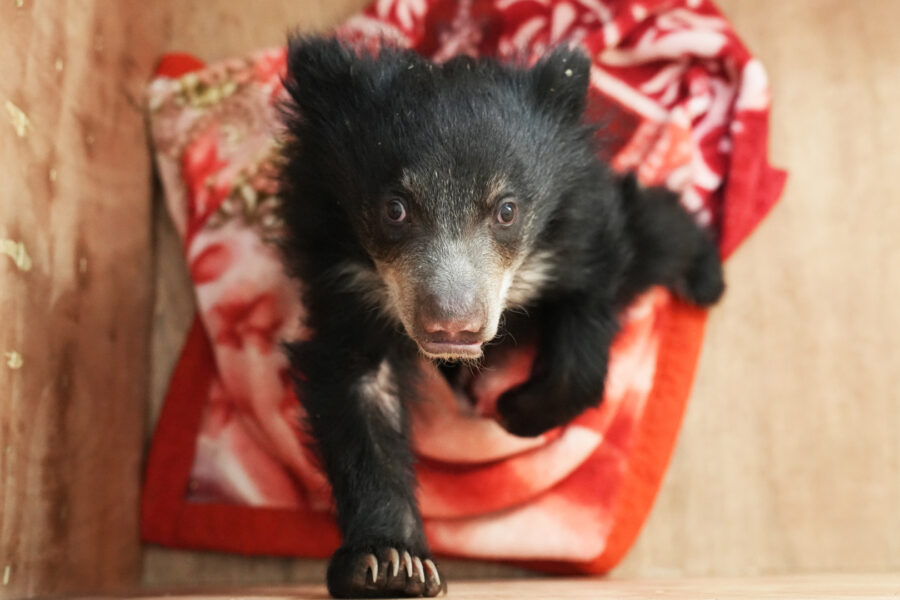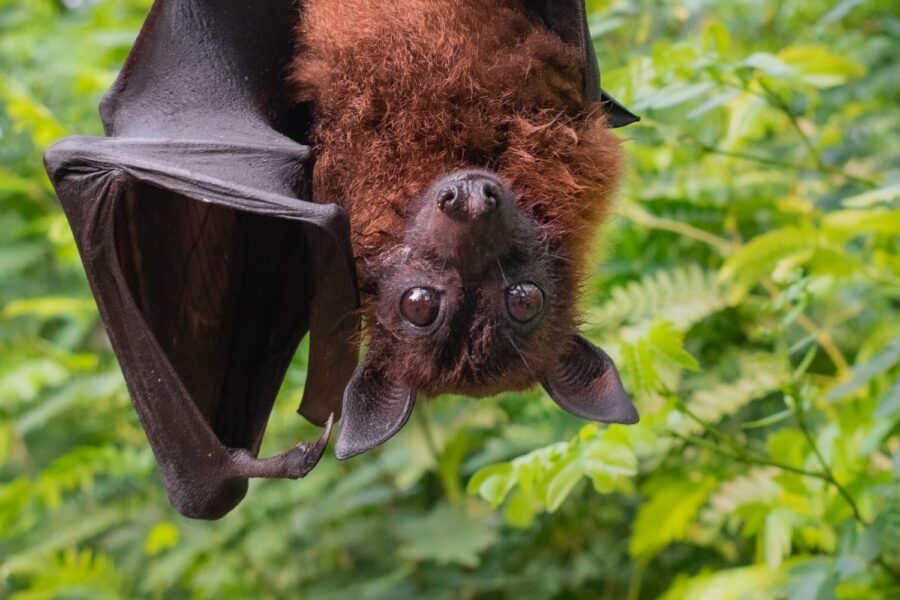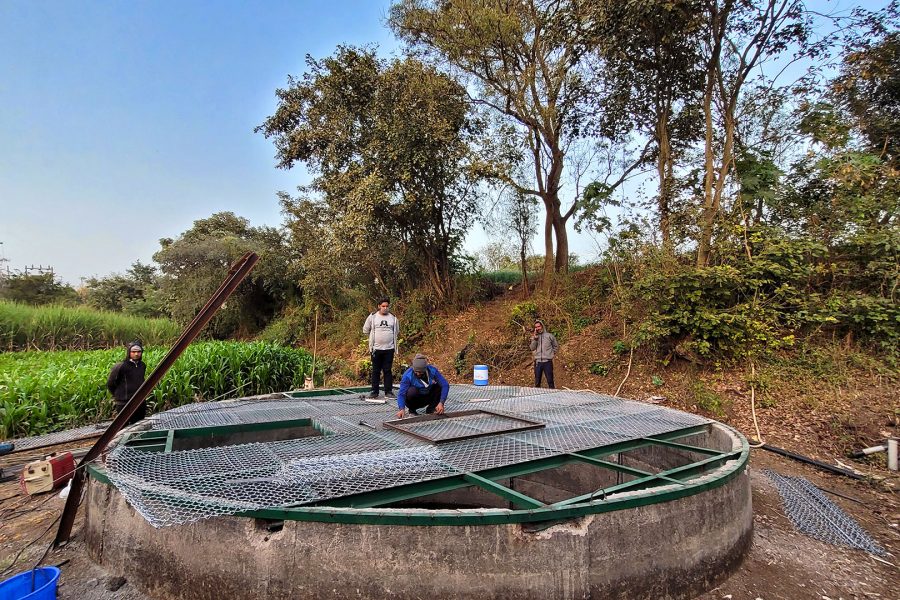We have come a long way from the genesis of Wildlife SOS as a small group of passionate individuals who wanted to save one animal at a time, to an organization that has been able to make a difference in the lives of thousands of animals in India. In this journey, we have dealt with various issues related to human-wildlife conflict mitigation, habitat conservation, tribal rehabilitation, the plight of animals used in the tourism and entertainment industry etc. There are various short-term solutions that can help curb these issues for a small duration. However, we have come to the realization that there is a common thread that needs to be addressed to ensure long-term solutions. To create actual change in the field of conservation, we need awareness and education. Keeping this in mind, Wildlife SOS launched its Education Initiative.
We feel that this program is the need of the hour! Nowadays, humans exploit more and more animals for their use. There is indiscriminate commodification of animals as props for photography, abuse of wild animals in petting zoos, “taming” of elephants for tourism, cutting down of forest land to make space for urban expansion and many more contentious matters. The extinction rates of various species are skyrocketing, while acres of forests burn down around us.
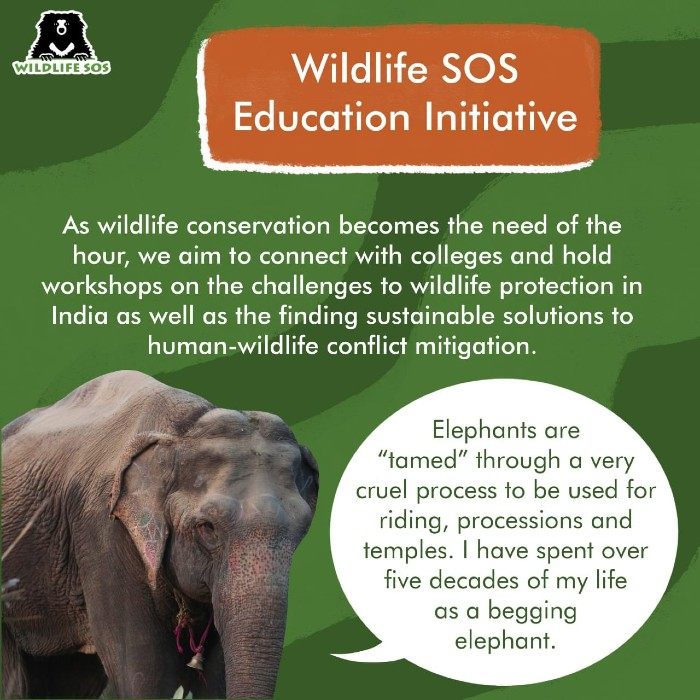
At a time like this, we need to cultivate a generation that is empathetic towards issues of wildlife and sustainability. However, there is a disconnect between conservation and what is taught in the school curriculum. Though schools are able to provide a lot of information on basic sciences, they fall short in matters of conservation. There are very few institutions that provide specific education on these topics and they are usually super specializations for higher studies.
However, these are topics that schools should be teaching children at a younger age. With the Wildlife SOS Education Initiative, we aim to empower school children with knowledge about wildlife conservation. Since children are the future of the nation, we need to make an impact on them now so we can look forward to a brighter future for wildlife and the environment.
The support of the public is very important for solving most problems that arise when tackling matters of wildlife conservation. For instance, to curb the exploitation of elephants for tourism and riding purposes, people need to be encouraged to say NO to such unethical practices and to opt for more ethical tourism practices. For long-term solutions towards human-wildlife conflict, we need a base of informed citizens that wish to curb the fragmentation of forests along the migratory routes of wild animals. The crux of the matter comes to spreading conservation awareness among people.
The Education Initiative takes place in the form of presentations with various case studies, excerpts from various projects undertaken by Wildlife SOS, rescue operations etc to make the sessions interactive and engaging.
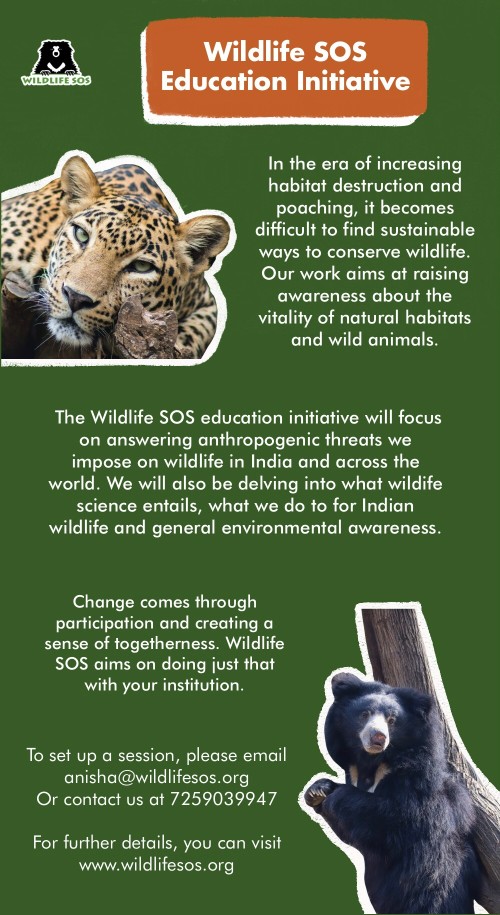
During its conception, Wildlife SOS started the Education Initiative to connect with schools in Bangalore, Karnataka. We held these sessions virtually with various schools and educational institutions. Now, we aim to expand it further and connect with various institutions all across the country. Our team held sessions online due to the lockdown and constraints of connecting with people in faraway places. However, we are slowly going to start up physical sessions in Delhi and Bangalore.
With specialized presentations aimed at different ages, the program hopes to connect not only with schools – but also with colleges, clubs, societies and any other groups that are passionate about conserving our environment. The team will also alter the presentations to fit matters that are relevant to the audience. For example – focusing more on leopard conservation in areas like Maharashtra where human-leopard conflict is common; or focusing on projects related to tribal rehabilitation with students of social science. We encourage students to participate actively in these workshops and support us in our fight for a sustainable future.
If you are a passionate believer in matters of conservation and wildlife, kindly urge your institution to set up a session with us. You can contact us at anisha@wildlifesos.org


